Principal investigators
 |
Dr. Wei Wu, Professor of Xiamen University Prof. Wu received his Ph. D. (1990) in Theoretical Chemistry under the supervision of Prof. Qian-Er Zhang from Xiamen University. During the period of 1992 to 1994, he worked as a postdoctoral fellow with Prof. Roy McWeeny at the University of Pisa. In 1995, he was promoted to become full Professor of Xiamen University, and he is currently the director of Fujian Provincial Key Laboratory of Theoretical and Computational Chemistry. His research interests focus on electronic structure theory methods and algorithms. He is a co-founder of XACS, founder of XMVB. |
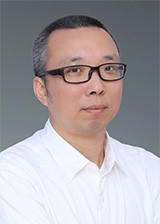 |
Dr. Peifeng Su, Professor of Xiamen University Prof. Su received his Ph.D. in theoretical chemistry from Xiamen University with Prof. Wu. From 2008 to 2009, he worked as a postdoctoral fellow with Dr. Hui Li at the University of Nebraska-Lincoln. He joined Xiamen University in 2009 as associate professor, and was promoted to full professor in 2020. His research fields focus on the methodology developments and applications in valence bond theory and energy decomposition analysis. He is a co-founder of XACS, founder of XEDA. |
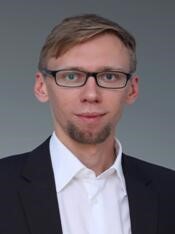 |
Dr. Pavlo O. Dral, Professor of Xiamen University Prof. Dral received his Ph.D. in 2013 in chemistry from University of
Erlangen-Nürnberg with Prof. Timothy Clark. From 2013 to 2019, he joined the group of
Prof. Walter Thiel in Max-Planck-Institut für Kohlenforschung as a postdoctoral
researcher. He joined Xiamen University in 2019 as an associate professor and was
promoted at the end of 2021 to a full professor. He is a co-founder of XACS, founder of MLatom. |
Software developers
 |
Dr. Zhenhua Chen, Associate professor of Xiamen University He received his Ph.D. in theoretical chemistry from Xiamen University with Prof. Wei Wu. He worked as a Postdoctoral Fellow with Prof. Mark R. Hoffmann in University of North Dakota) and Prof. Yirong Mo in Western Michigan University. His research fields focus on the methodology and algorithm in quantum chemistry and the applications in electron transfer and energy transfer reaction mechanism. |
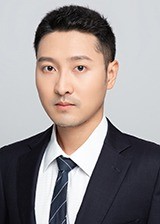 |
Dr. Chen Zhou, Associate professor of Xiamen University He received his Ph.D. in theoretical chemistry from Xiamen University with Prof. Wei Wu. He worked as a Postdoctoral Fellow with Prof. Donald G. Truhlar at the University of Minnesota during 2018 to 2021. His research fields focus on the methodology and algorithm development for strongly-correlated systems. |
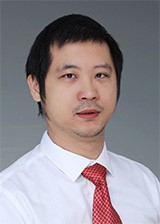 |
Dr. Fuming Ying, Senior engineer of Xiamen University Fuming obtained his Ph.D. in 2012 in quantum chemistry with Prof. Wei Wu. His interests focus on software development, including large-scaled parallelization, density functional valence bond and GUI. Recently, he develops and supports XMVB. |
 |
Mr. JunJing Gu, Senior engineer of Xiamen University JunJing received his M.Sc. in 2008 with Prof. Wei Wu from Xiamen University. Now he works with users, developers, and partners. He will help you with learning how to start your research in our XACS platform. |
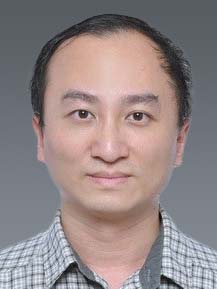 |
Dr. Xun Chen Xun obtained his Ph.D. in 2013 in quantum chemistry with Prof. Wei Wu. Now he works on the algorithm and the architecture design and technical details for the XACS platform. |
 |
Dr. Max Pinheiro Jr, Post-doctoral researcher of Aix Marseille University He has worked on interfaces to third-party software with machine learning potentials and is currently working on unsupervised learning methods |
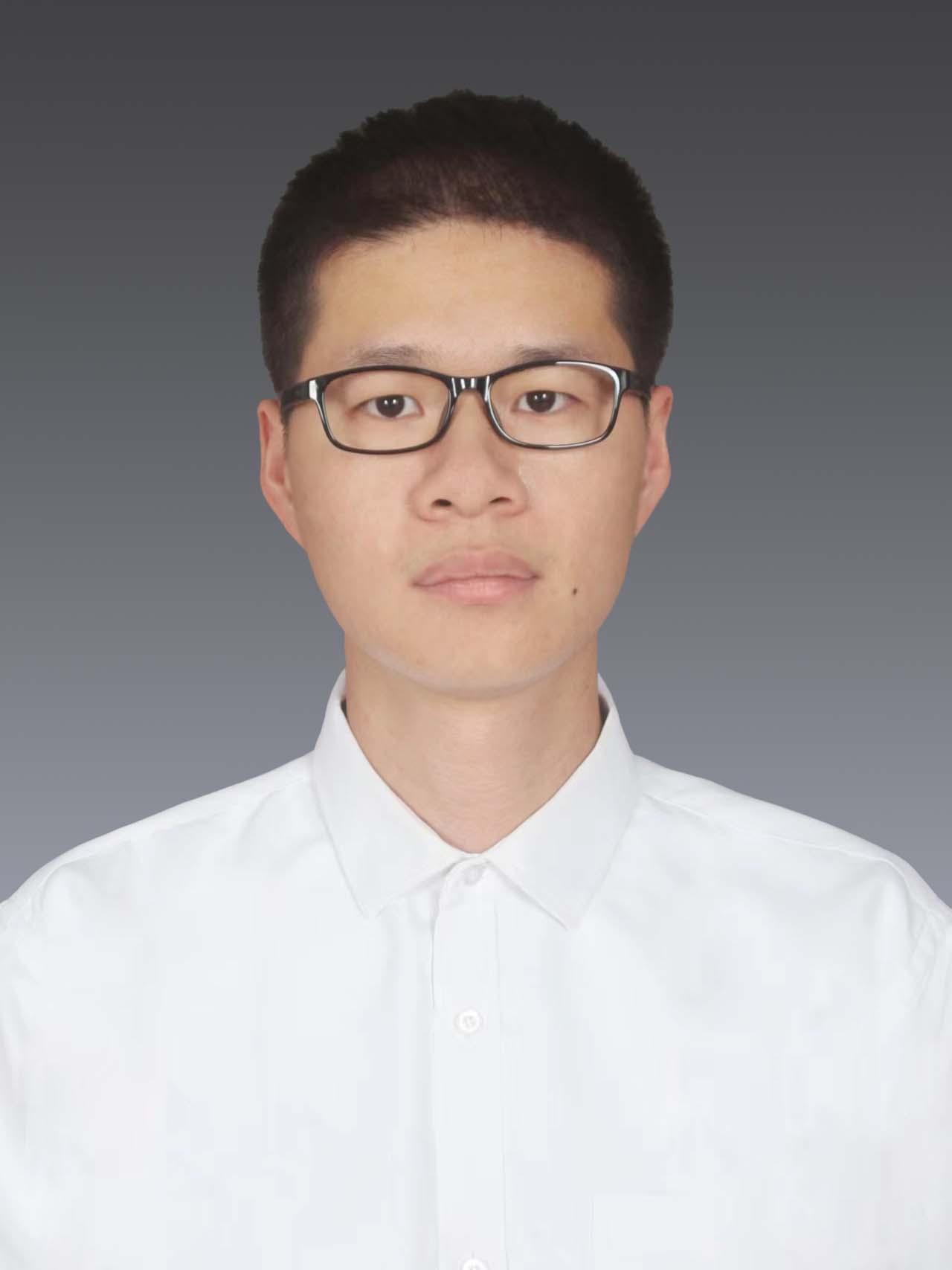 |
Peikun Zheng, Ph.D. student (2017–) He works on development of density functional valence bond methods and machine learning-based VB and semiempirical MO methods such as AIQM1. |
 |
Chenru Ji, Ph.D. student (2019-) He works on methodology development of VB theory. |
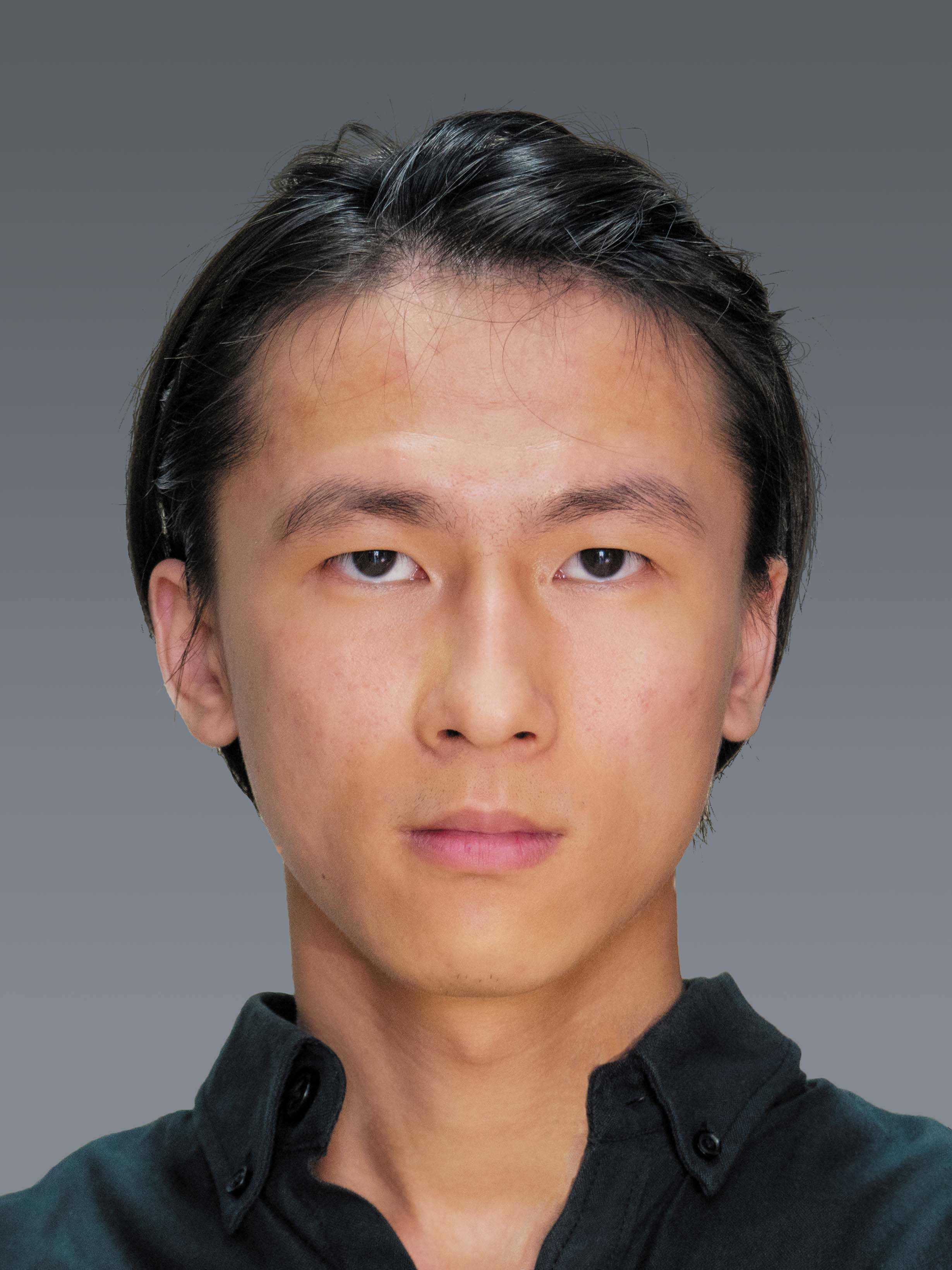
|
Fuchun Ge, Ph.D. student (2021–) He works from 2020 on implementation of machine learning potentials and four-dimensional atomistic artificial intelligence models for molecular dynamics. |

|
Yi-Fan Hou, B.Sc. student (2019–) He works from 2020 on developing machine learning potentials based on kernel methods and currently is implementing methods for molecular dynamics and infrared spectra simulations. |
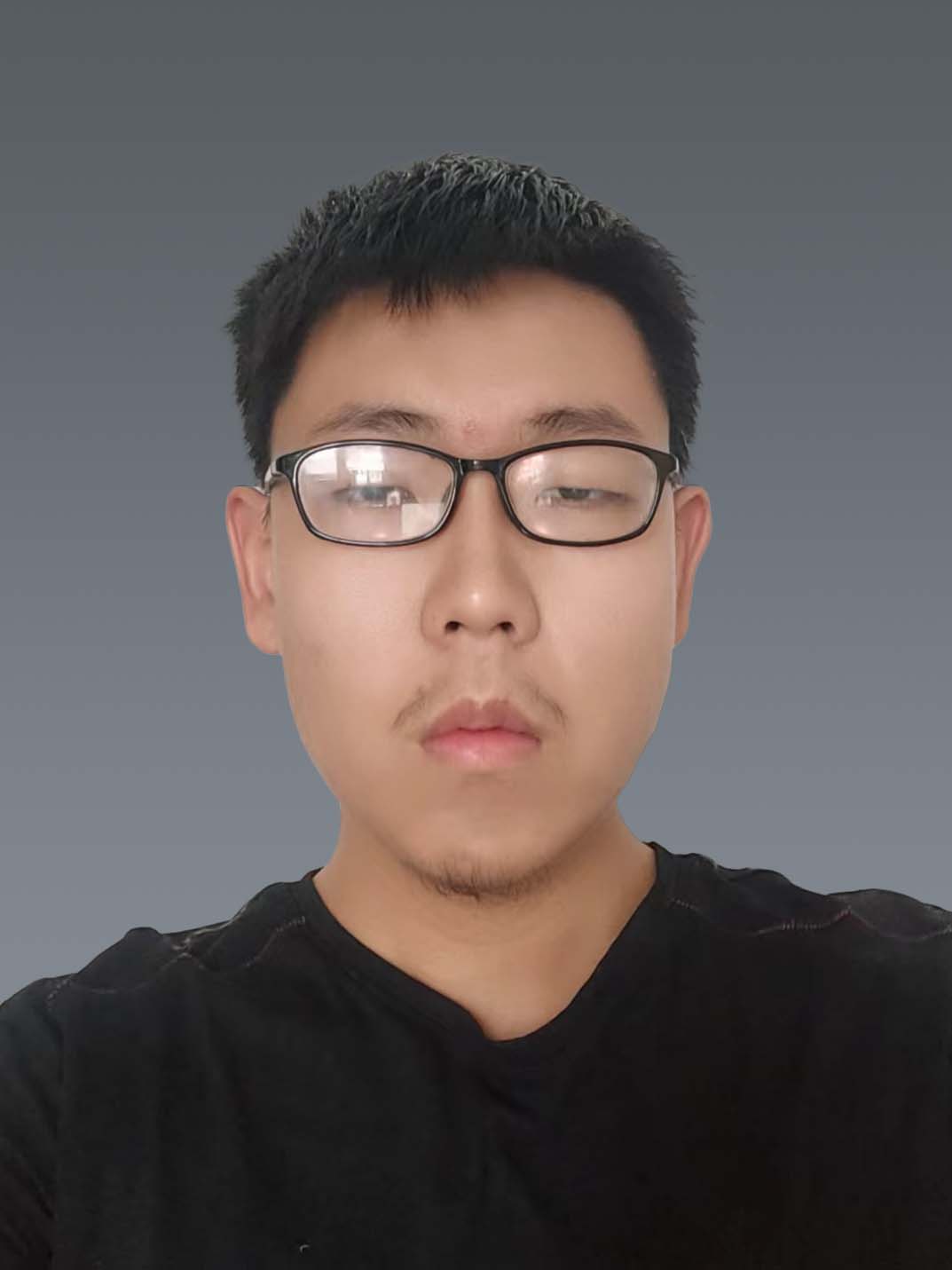
|
Yueyang Zhang, Ph.D. student (2022–) He works on the development of electronic structure theory, currently is implementing an efficient SCF program. |
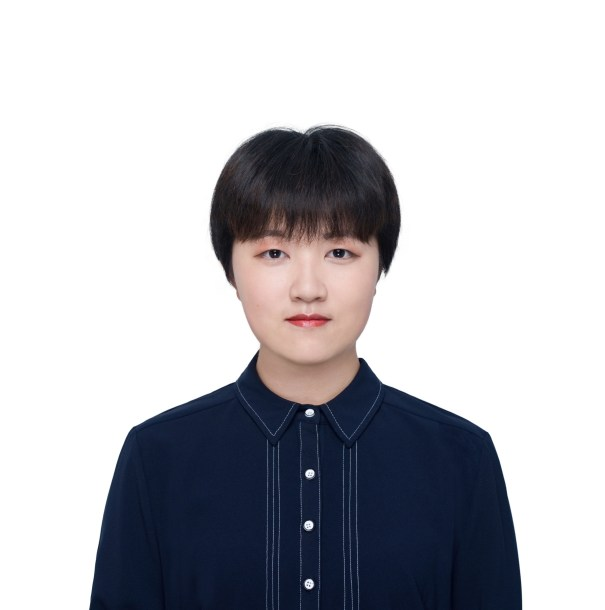
|
Yuxinxin Chen, Bachelor of Science (2022–) She studied at Sun Yat-sen University during 2017 to 2021 and received her bachelor’s degree of science in pharmacy. She is studying for a master's degree of science in physical chemistry at Xiamen University with Prof. Pavlo O. Dral from 2022 to now. |

|
Lina Zhang, Master of Science (2020–) She studied at China University of Petroleum (East China) during 2013 to 2017 and received her bachelor’s degree of science in materials chemistry. She studied at Xiamen University with Assist. Prof. Zhenhua Chen during 2017 to 2020 and received her master’s degree of science in physical chemistry. She is studying for Ph.D. in theoretical chemistry at Xiamen University with Prof. Pavlo O. Dral from 2020 to now. |
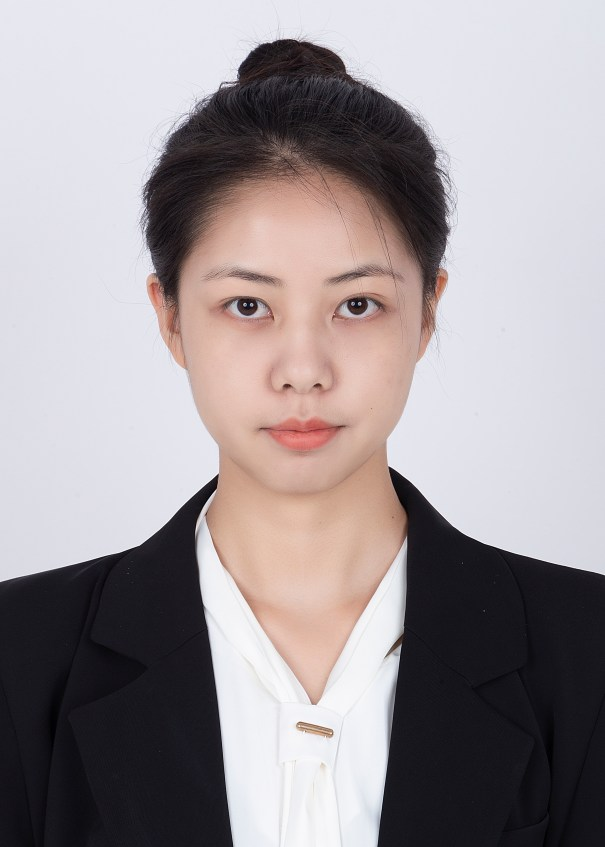
|
Quanhao Zhang, Bachelor of Science (2023–) She studied at Xiamen University during 2019 to 2023 and received her bachelor’s degree of science in chemistry. She is studying for a master's degree of science in physical chemistry at Xiamen University with Prof. Pavlo O. Dral from 2023 to now. |
Partners
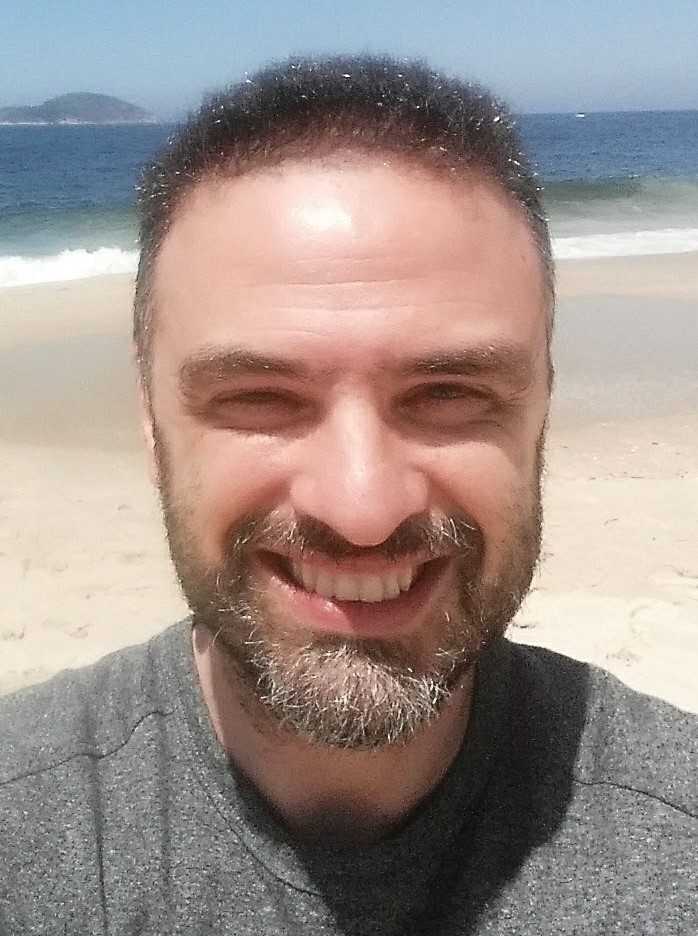 |
Dr. Mario Barbatti, Professor of Aix Marseille University and senior member of the Institut Universitaire de France Prof. Barbatti is a theoretical chemist expert in molecular excited states. He is the leading developer of the Newton-X platform. Barbatti earned a Ph.D. in physics from the Federal University of Rio de Janeiro in 2001, a habilitation from the University of Vienna in 2008, and was a group leader at the Max Planck Institut für Kohlenforschung between 2010 and 2015. |
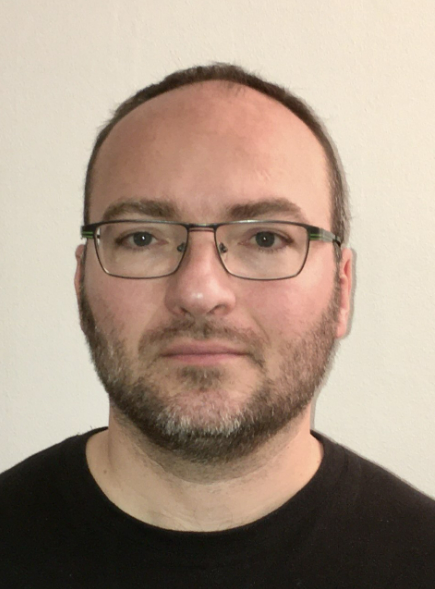 |
Dr. Benoît Braïda, Associate professor of the Sorbonne Université Dr. Benoît Braïda received his PhD in 2002 in Quantum Chemistry under the supervision of Philippe C. Hiberty, at Université Paris Saclay. From 2002 to 2003, he worked as a postdoctoral fellow with Evert-Jan Baerends at Vrije Universiteit Amsterdam, and then with Enric Canadell and Pablo Ordejon at the ICMAB-CECIC, Barcelona. He then joined Sorbonne Université in 2003. His research focuses on Valence Bond theory and on real-space approaches to gain insight into the electronic structure and reactivity of molecules. He is also teacher of anapana meditation for young people. |
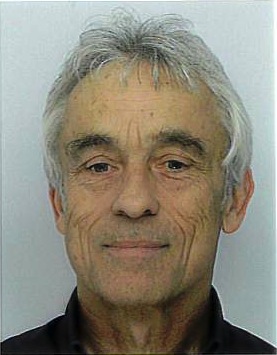 |
Dr. Philippe Hiberty, Professor of the University of Paris-Saclay Prof. Hiberty received his Ph. D. (1978) in Theoretical Chemistry from the University of Paris-Saclay, under the supervision of Prof. L. Salem. He worked as a postdoctoral fellow with Prof. Schaefer III in Standford University, then came back to Paris-Saclay and was appointed Director of research in 1986. His research interests focus on applications and methodology developments of valence bond theory. He is the author of the “Breathing Orbital Valence Bond“ ab initio method, which includes dynamic electron correlation. |
 |
Dr. Olexandr Isayev, Assistant Professor in the Department of Chemistry of the Carnegie Mellon University In 2008, Dr. Olexandr received his Ph.D. in computational chemistry. He was Postdoctoral Research Fellow at the Case Western Reserve University and a scientist at the government research lab. During 2016-2019 he was a faculty at UNC Eshelman School of Pharmacy, the University of North Carolina at Chapel Hill. Olexandr received the “Emerging Technology Award” from the American Chemical Society (ACS) and the GPU computing award from NVIDIA. The research in his lab focuses on connecting artificial intelligence (AI) with chemical sciences. |
 |
Dr. Yirong Mo, Professor of University of North Carolina at Greensboro Prof. Yirong Mo received his Ph.D in quantum chemistry from Xiamen University in 1992. He joined Western Michigan University in 2002 as assistant professor and became Full Professor in 2012. He moved to Nanoscience Department in University of North Carolina at Greensboro as Full Professor and Chair in 2020. His primary research interest concerns the development of novel theoretical and computational methods and the applications of these methods to chemical and biological problems. |
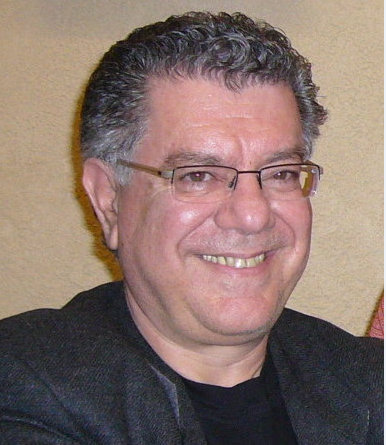 |
Dr. Sason Shaik, Saerree K. and Louis P. Fiedler Professor of Chemistry at the Hebrew University Prof. Sason Shaik’s main interests are in bonding, chemical reactivity, metalloenzymes, and electric field effects in chemistry and biology. Alongside a variety of computational tools, he uses valence bond theory as a conceptual frame, and has developed a number of new paradigms and concepts using this theory. His main recent awards are the Schrödinger Medal (WATOC 2007); the August-Wilhelm-von-Hofmann-Medal (the German Chemical Society, 2012); Membership in the International Academy of Quantum Molecular Science (2015); The Gold Medal of the Israel Chemical Society (2017); and membership of the French Academy of Sciences. He also writes essays on history, the chemical bond as the heartland of chemistry, science and friendship, chemistry as a central pillar of human culture, etc. |
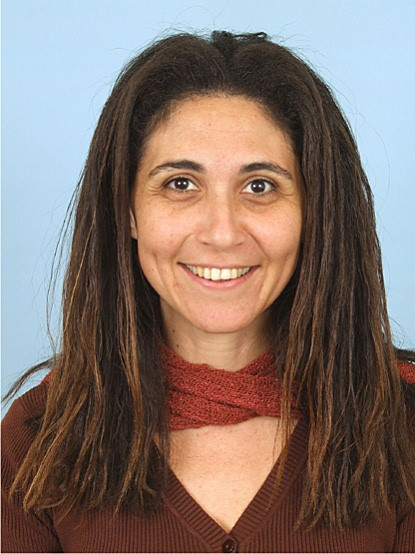 |
Dr. Avital Shurki, Associate Professor of The Hebrew University of Jerusalem Dr. Avital Shurki received her Ph. D. (2000) in Quantum Chemistry under the supervision of Sason Shaik at the Hebrew University of Jerusalem. During 2000-2003 she worked as a postdoctoral fellow with Arieh Warshel at the University of Southern California. She then Joined the Hebrew University of Jerusalem. Avital's research focuses on understanding chemical reactivity of small molecules as well as biological systems including enzymes using both the Valence Bond concepts and methodology. |
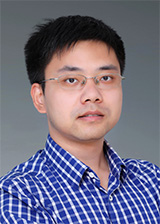 |
Dr. Cheng Wang, Professor of Xiamen University He received his bachelor’s degree in Peking University and received his
Ph.D. from University of North Carolina at Chapel Hill in 2013. |
 |
Dr. Arif Ullah, Assistant Professor of Anhui University He studied at Quaid-i-Azam University during 2012 to 2014 and received his
master’s degree of science in physics. He studied at University of Science and
Technology of China during 2015 to 2019 and received his Ph.D. in chemistry. He worked
as a Postdoctoral Fellow with Prof. Pavlo O. Dral at Xiamen University during 2021 to
2023.. |
Former contributors
Prof. Qianer Zhang (member of Chinese Academy of Sciences)
Dr. Lingchun Song (1997–2006, XMVB developer)
Dr. JinShuai Song (2006–2012, XMVB developer)
Mr. Xiping Gong (2014–2017, XMVB developer)
Dr. Zhen Tang (2015–2021, XEDA developer)
Mr. Linda Gao (2020-2021, XACS cloud computing)
Mr. Baoxin Xue (2020–2022, MLatom developer, implemented ML-NEA and more)
Shuang Zhang, Master of Science(2020 - 2023, MLatom developer)
Yanchi Ou (2019-2023, MLatom developer)